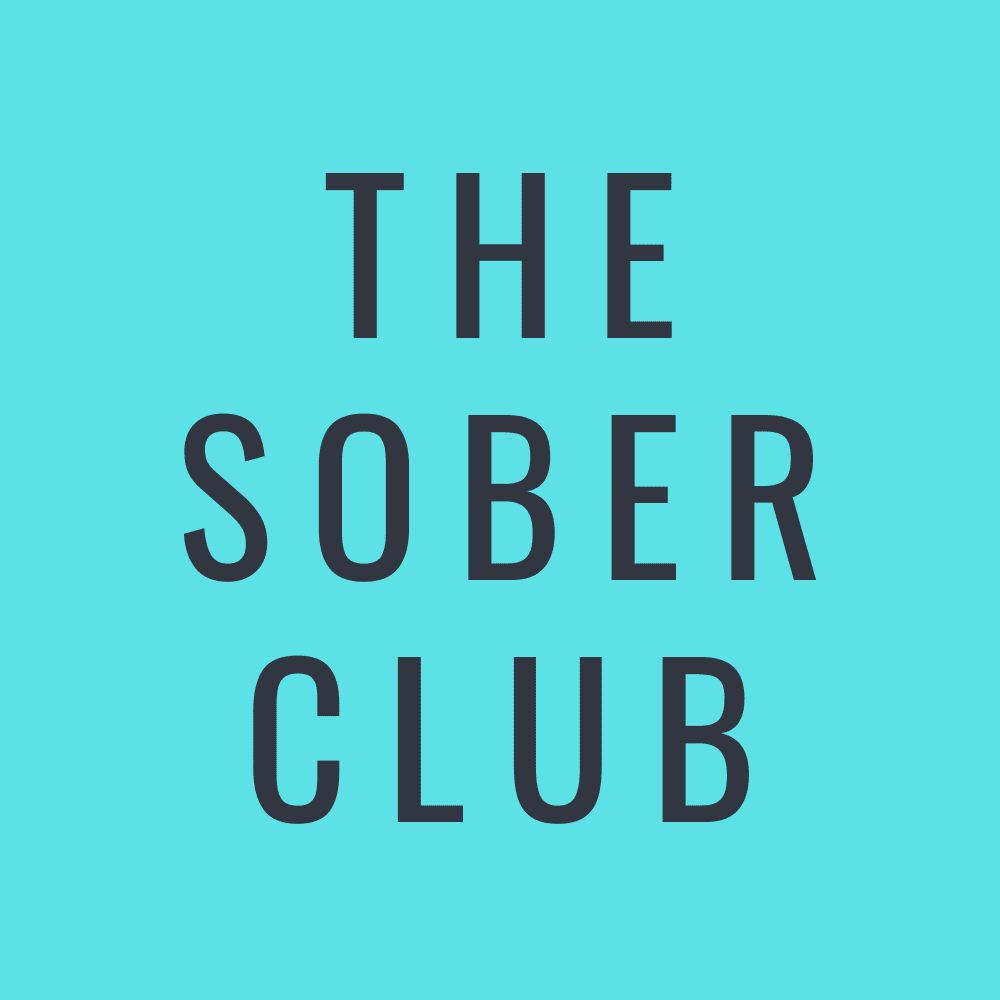On my recent Sober Coach training, we were discussing how as humans we often crave ‘Dopamine’ and what we can do to ensure our brain chemistry starts to balance once we have ditched the booze….this post popped into our facebook group.
‘I am 91 days in and feeling pretty secure in my decision, having experienced so many events where I would have been drinking and batting-off the sober-shamers along the way. Pretty much everyone I know, friends/family all drink. Undoubtedly the support, inspirational advice and posts in this group have been so helpful, thank you. Wonder if I can run this one past you please? Not a big deal but a question that slightly stumped me from my friend‘s 19 year old daughter when asking me why I wasn’t drinking anymore ; …’ but what will you do to get high?…’I didn’t think it was a requirement in life that we have to get ‘high’! I just made a bit of a lame joke but it really got me thinking. Is this the norm in our world these days, that we have to have something to make us ‘high’? Could see how this could trigger FOMO. Any advice/thoughts on this would be appreciated’
The reality is humans do seek pleasure – but we can begin to explore a natural ‘high’ – why would we want toxic substances to ‘drug’ us even for a while! As we settle into sobriety we start to appreciate how wonderful it is to feel ‘balanced’ rather than ‘high’ or low – we find other ways to ‘get out of a funk’ ( that’s why we need our ‘resources – for some it’s running, being in nature, creativity, meditation – whatever ..) and overall we can feel so much more centered – it’s one of the biggest benefits of sobriety – we can actually be high on life!
it’s no secret that many of us seek pleasure and instant gratification. We often turn to alcohol, food, or substances to satisfy our cravings, seeking a rush of dopamine that provides temporary relief and euphoria. However, the constant pursuit of these artificial highs definitely comes at a cost to our overall well-being.
The Science of Pleasure Seeking
As human beings, we are wired to seek pleasure and avoid pain. Our brains release dopamine, a neurotransmitter associated with pleasure and reward, in response to activities that promote survival and well-being. This includes engaging in activities like eating, drinking, and socializing, as well as experimenting with substances that can artificially enhance dopamine levels. Our modern world has inundated us with easily accessible sources of instant gratification, making it all too tempting to overindulge in these pleasure-seeking behaviors. We all know its the ‘done thing’ to drink, from commiserations to celebrations, alcohol is normalised in our society.
While seeking pleasure is natural, relying heavily on artificial stimuli like alcohol, food, or substances can have detrimental effects on our physical and mental health. Once we hit the slippery slope it leads to addiction, dependence, and a cycle of diminishing returns, where we need larger doses or stronger stimuli to achieve the same level of satisfaction. Additionally, these behaviors can impair our judgment, hinder personal growth, strain relationships, and negatively impact our overall well-being.
Fortunately, there is an alternative path to finding fulfillment—one that doesn’t rely solely on external substances or excessive stimulation. By shifting our focus towards the joy of small things and reconnecting with nature, we can cultivate a natural high that brings lasting happiness and contentment. Many experts and authors have delved into the realm of natural highs and the benefits of finding joy in the simplicity of life.
Richard Louv, who coined the term “nature-deficit disorder” in his book “Last Child in the Woods.” highlights the importance of reconnecting with nature to improve our well-being, reduce stress, and foster a sense of wonder and curiosity. Spending time in nature can awaken our senses, stimulate our minds, and provide a source of joy that doesn’t rely on external substances.
Psychologist Mihaly Csikszentmihalyi, in his groundbreaking work “Flow: The Psychology of Optimal Experience,” explores the concept of flow—the state of complete immersion and focus in an activity. He suggests that engaging in activities that challenge us just enough to evoke a sense of deep satisfaction can result in an elevated state of consciousness and a natural high. Activities such as painting, playing an instrument, or pursuing a hobby can help us enter this flow state, where time seems to fade away, and we experience a sense of joy and fulfillment. That’s why I always recommend to my coaching clients that they decide on some selfcare resources,
Anyone remember the great album title from 4 Non Blondes – ‘Bigger Better Faster More’.. That was me!
Since ditching the booze though, I really have been able to come back to balance, and appreciate the little things, it’s essential to lower our expectations and re calibrate our desires. Society bombards us with messages that emphasize the pursuit of immediate pleasure and material success. By consciously reevaluating our priorities and shifting our focus towards what truly brings us joy, we can free ourselves from the need for constant stimulation and instant gratification.
Welcoming all our emotions, recognising that we don’t want to be ‘high; all the time, we want to be ‘balanced’, being fully present in the moment, appreciating the small wonders around you, and finding joy in simple pleasures all help.
Check out my TEDx talk Sobriety Rocks – Who Knew!
Join us in The Sober Club for connection, inspiration and accountability.

